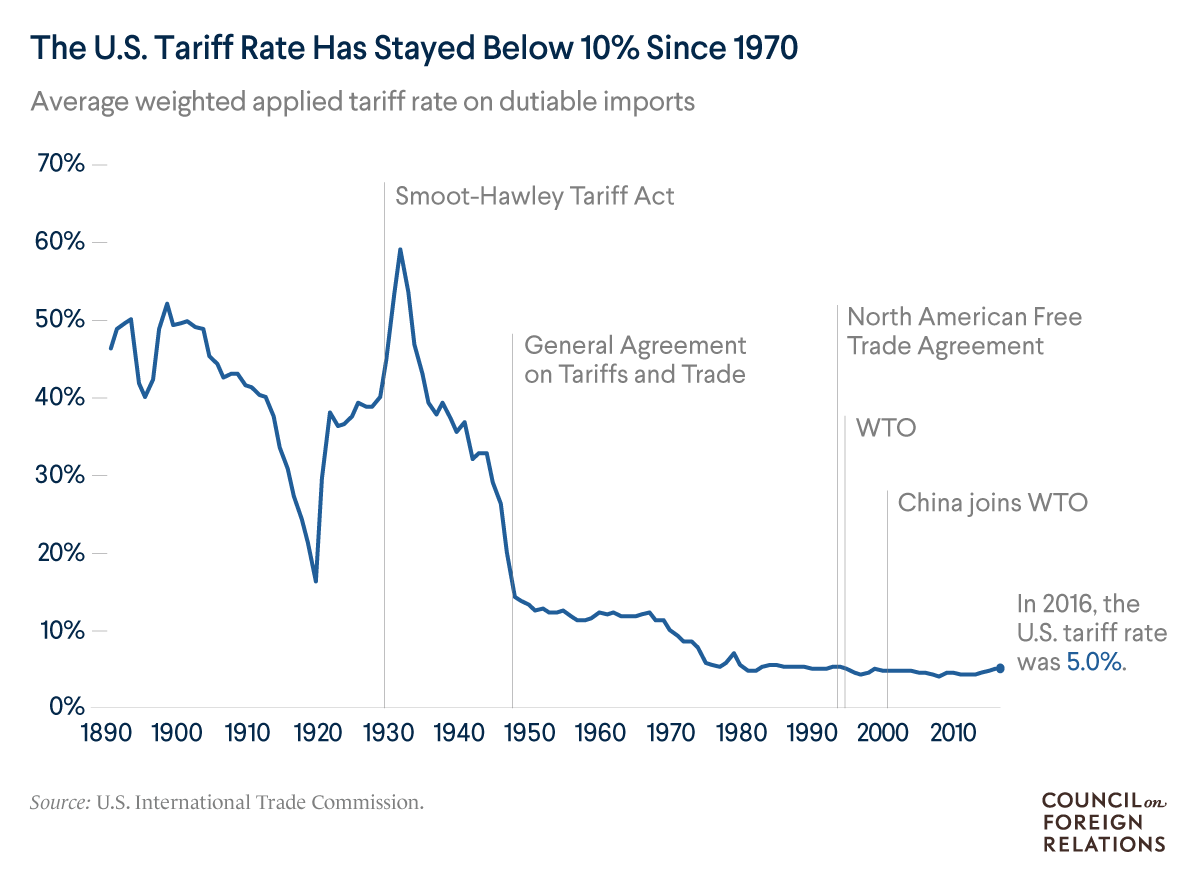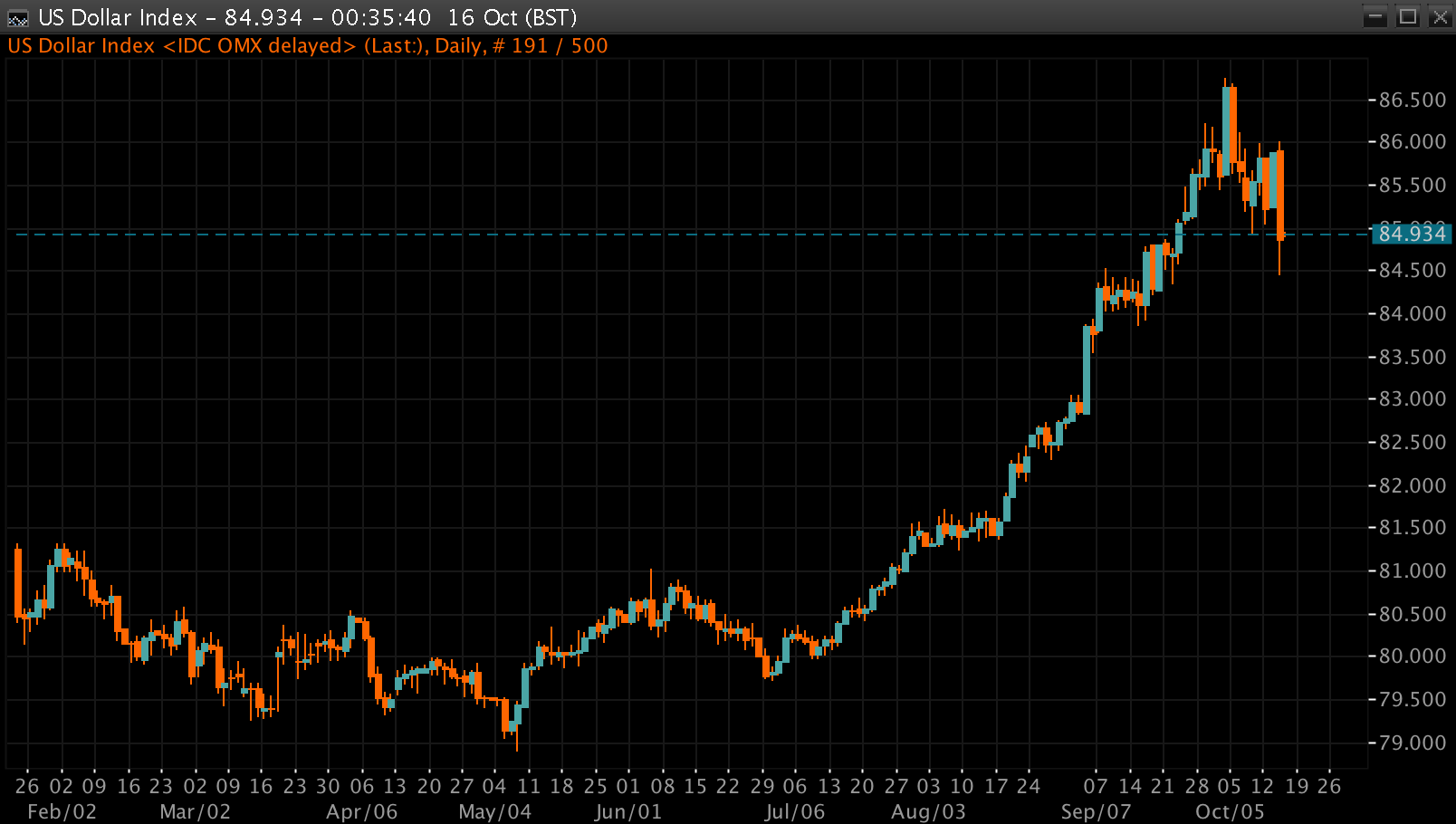Addressing Investor Concerns: BofA On High Stock Market Valuations

Table of Contents
BofA's Assessment of Current High Stock Market Valuations
BofA's stance on current high stock market valuations can be described as cautiously optimistic. While acknowledging the elevated valuations, they haven't issued a blanket warning of an imminent crash. Their reports often highlight the strength of corporate earnings and the continued influence of low interest rates, but also stress the need for careful risk management. Specific data points from BofA reports, while varying over time, frequently mention elevated Price-to-Earnings (P/E) ratios compared to historical averages, indicating a potentially overvalued market in certain sectors.
Factors Contributing to High Valuations
Several factors contribute to the current high stock market valuations:
-
Low interest rates: Historically low interest rates have pushed investors towards riskier assets like stocks to achieve desired returns. Low bond yields make stocks, even at higher valuations, appear relatively more attractive. This has fueled demand and driven up prices, exacerbating the high stock market valuation issue.
-
Strong corporate earnings: Despite economic uncertainties, many companies have reported robust earnings, supporting high stock prices. The technology sector, in particular, has seen significant growth, while certain consumer staples and healthcare sectors have also performed exceptionally well, bolstering overall market valuations.
-
Quantitative easing (QE) and its lingering effects: Previous rounds of quantitative easing by central banks injected significant liquidity into the market, which continues to influence valuations. This increased money supply has contributed to higher asset prices across the board, including stocks.
-
Technological advancements and growth potential: The ongoing technological revolution, particularly in areas like artificial intelligence and cloud computing, fuels investor optimism about future growth, driving up valuations of tech companies and related sectors. The perceived potential of these advancements contributes significantly to elevated market valuations.
-
Investor sentiment and market psychology: Positive investor sentiment and market optimism, fueled by factors like low interest rates and strong earnings, have created a self-reinforcing cycle of rising stock prices. This positive feedback loop further contributes to elevated valuations, even in the face of potential risks.
Potential Risks Associated with High Stock Market Valuations
While the market offers potential for high returns, investors must acknowledge significant risks associated with these high valuations:
-
Increased market volatility: Highly valued markets tend to be more volatile. Small shifts in investor sentiment or unexpected economic news can lead to sharp price swings, creating a riskier environment for investors. Understanding this volatility is key to managing investments successfully in this climate.
-
Potential for a market correction: A significant market downturn or correction is a possibility. Potential triggers include rising interest rates, unexpectedly weak earnings reports, or a major geopolitical event. This correction could lead to substantial losses for investors.
-
Valuation multiples and their sustainability: High P/E ratios and other valuation metrics in certain sectors raise concerns about overvaluation. Investors should carefully analyze these metrics to determine whether current prices are justified by underlying fundamentals and future growth prospects.
-
Inflationary pressures and their impact: Rising inflation can erode corporate earnings and impact valuations. If inflation rises faster than expected, corporate profits could be squeezed, leading to a potential market correction.
-
Geopolitical risks and uncertainty: Global events, such as political instability or international conflicts, can significantly impact market sentiment and valuations, introducing additional uncertainty and risk.
BofA's Recommendations for Investors Navigating High Stock Market Valuations
BofA generally recommends a cautious approach, emphasizing risk management and diversification:
-
Diversification strategies: Diversifying investments across different asset classes (stocks, bonds, real estate, etc.) helps mitigate overall portfolio risk. Spreading investments across various sectors and geographies reduces the impact of any single negative event.
-
Value investing approach: Focusing on undervalued companies with strong fundamentals can offer better risk-adjusted returns in a high-valuation market. Careful analysis of company financials is crucial for identifying such opportunities.
-
Risk management techniques: Employing risk management techniques, such as setting stop-loss orders to limit potential losses, is crucial in a volatile market. Understanding your own risk tolerance is also a critical element of risk management.
-
Long-term investment horizon: Maintaining a long-term investment horizon is essential to weather short-term market fluctuations. A long-term strategy allows investors to ride out periods of market volatility and benefit from long-term growth.
-
Sector-specific analysis: Conducting thorough sector-specific analysis can help identify sectors with robust fundamentals even in a generally overvalued market. This allows for more informed decisions and potentially higher returns.
Conclusion
BofA's analysis of high stock market valuations provides valuable insights for investors navigating the current market conditions. While the potential for strong returns exists, investors should be mindful of the inherent risks associated with high valuations. By carefully considering BofA’s recommendations and implementing robust risk management strategies, investors can better position themselves to navigate the complexities of this market. Understanding and addressing concerns around high stock market valuations is key to making informed investment decisions. Consult with a financial advisor to create a strategy tailored to your individual needs and risk tolerance. Don't underestimate the importance of carefully assessing high stock market valuations before making any investment decisions.

Featured Posts
-
 Ai Browser War Perplexitys Ceo On Battling Google For Supremacy
Apr 28, 2025
Ai Browser War Perplexitys Ceo On Battling Google For Supremacy
Apr 28, 2025 -
 Recent Developments In Us China Trade Relations Tariff Exemptions
Apr 28, 2025
Recent Developments In Us China Trade Relations Tariff Exemptions
Apr 28, 2025 -
 Yukon Legislature Mine Managers Testimony Sparks Contempt Threat
Apr 28, 2025
Yukon Legislature Mine Managers Testimony Sparks Contempt Threat
Apr 28, 2025 -
 Beyond Bmw And Porsche Analyzing The Automotive Industrys China Problem
Apr 28, 2025
Beyond Bmw And Porsche Analyzing The Automotive Industrys China Problem
Apr 28, 2025 -
 Targeted Tariff Exemptions Chinas Latest Trade Move
Apr 28, 2025
Targeted Tariff Exemptions Chinas Latest Trade Move
Apr 28, 2025
Latest Posts
-
 The U S Dollars First 100 Days A Historical Comparison
Apr 28, 2025
The U S Dollars First 100 Days A Historical Comparison
Apr 28, 2025 -
 U S Dollars Troubled Start Parallels To The Nixon Presidency
Apr 28, 2025
U S Dollars Troubled Start Parallels To The Nixon Presidency
Apr 28, 2025 -
 Nixons Shadow A Look At The Current U S Dollars Performance
Apr 28, 2025
Nixons Shadow A Look At The Current U S Dollars Performance
Apr 28, 2025 -
 U S Dollar Weak Start To Presidency Mirrors Nixon Era
Apr 28, 2025
U S Dollar Weak Start To Presidency Mirrors Nixon Era
Apr 28, 2025 -
 Yukon Legislature Mine Managers Testimony Sparks Contempt Threat
Apr 28, 2025
Yukon Legislature Mine Managers Testimony Sparks Contempt Threat
Apr 28, 2025
